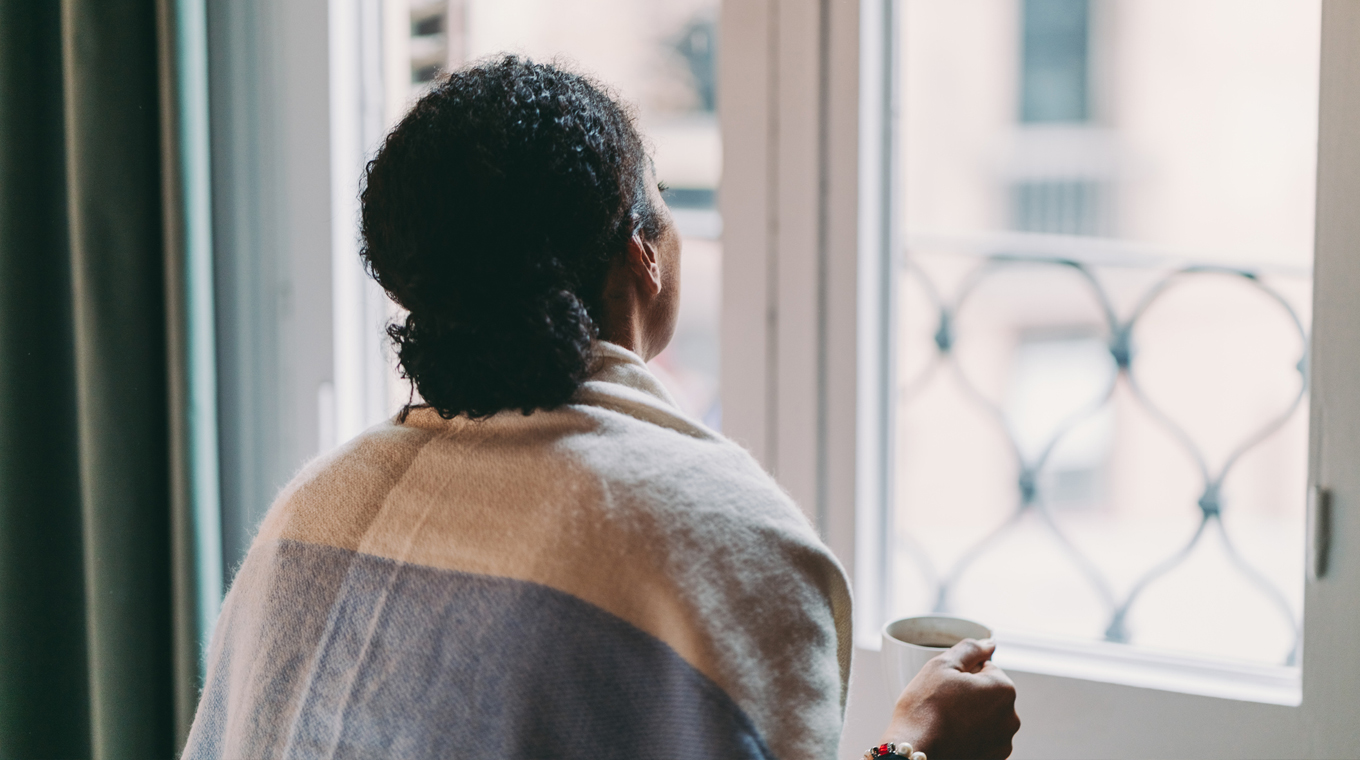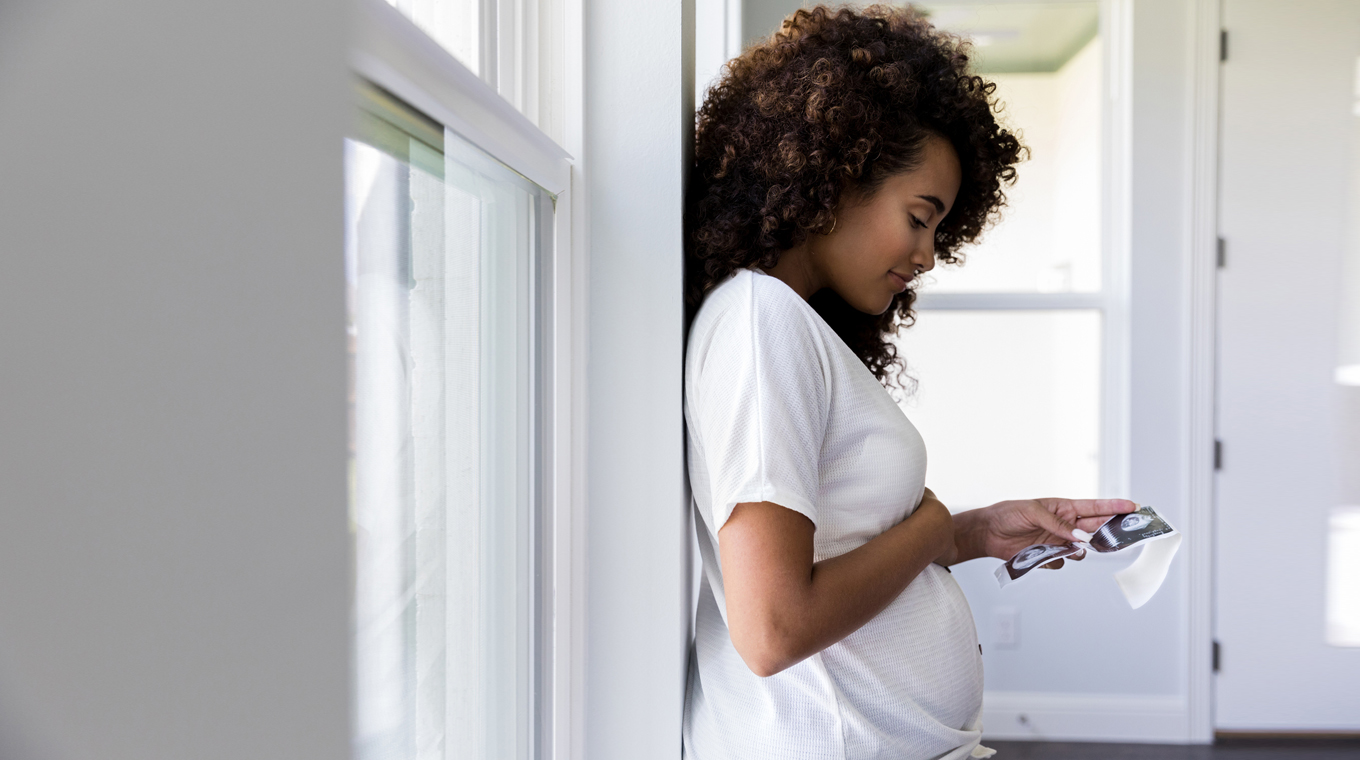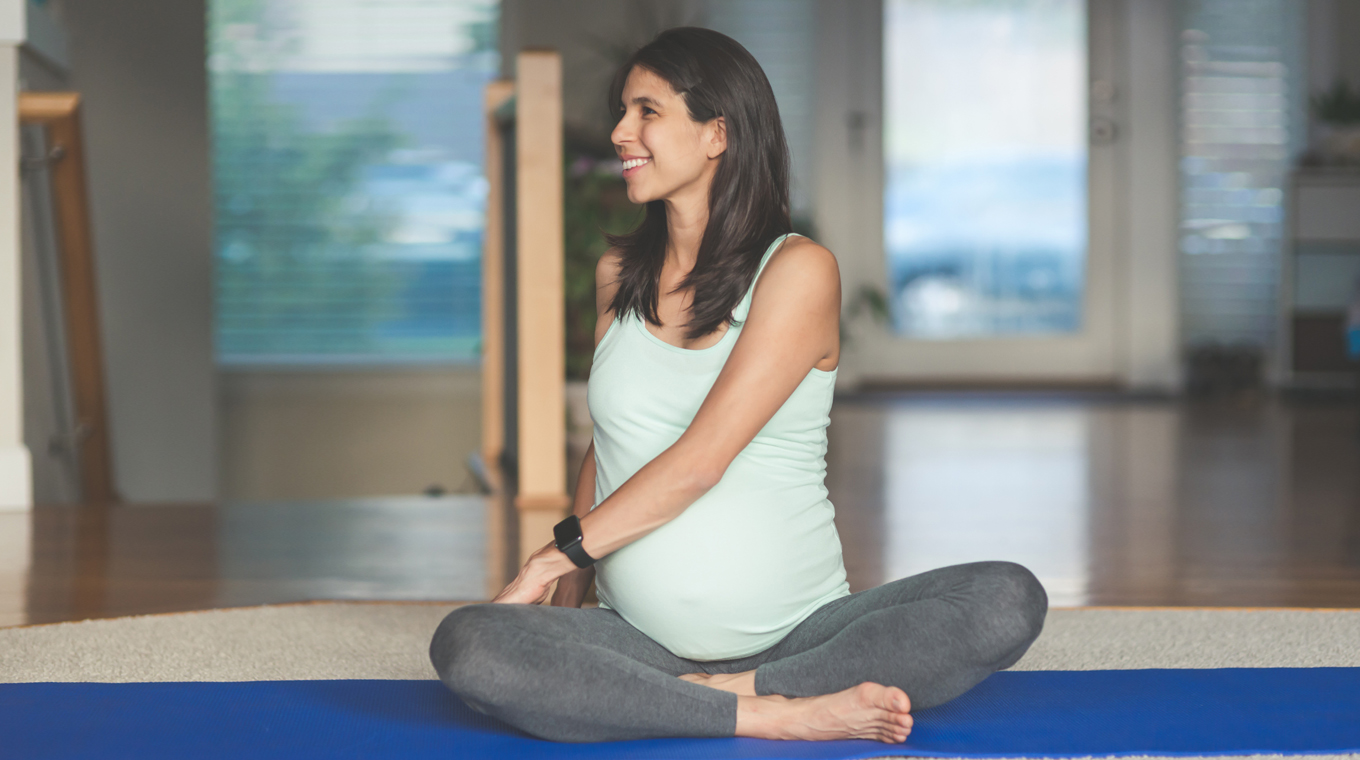
In this article
A miscarriage is a difficult time for any woman to deal with. One of the significant stresses of a miscarriage is pregnancy after miscarriage. Women wonder what a new pregnancy will be like and whether or not they will have another miscarriage. Insecurities about having a healthy pregnancy are common, but the good news is that it is possible to have a healthy pregnancy after having a miscarriage. Here’s what you need to know.
What causes miscarriage?

A miscarriage is a spontaneous loss of pregnancy before the 20th week. While the cause of some miscarriages is not known, it is thought that many occur because the fetus isn’t developing properly. One theory is that the baby’s chromosomes are responsible for the loss, with the embryo not normally dividing and growing. There are some health conditions women have that can increase the chance of a miscarriage. These include diabetes or uterine problems.
Miscarriages are relatively common, even though they may not always be discussed. The Mayo Clinic estimates that anywhere from 8 to 20% of known pregnancies result in a miscarriage. The actual number may be higher as some women may miscarry before realizing that they are pregnant. It is thought that only one percent of women who have experienced a miscarriage will experience another.
Can you get pregnant right after a miscarriage?

It is possible to get pregnant nearly immediately after a miscarriage. Doctors don’t recommend having sex for two weeks to prevent an infection from setting in. Your body is also gearing up to ovulate in as little as two weeks after the miscarriage. This means that you can get pregnant if you have sex very soon after your loss.
“You may actually be able to conceive sooner than you would have been able to otherwise, as your body had already gone through part of the process of getting ready for pregnancy before the miscarriage occurred,” Kire Stojkovski, M.D. told Mom.com. While some recommend waiting to allow the emotional trauma to heal, there are some reasons to try sooner than later.
A 2017 study showed that women who got pregnant within three months of a miscarriage had a lower subsequent risk of miscarriage. As with what Dr. Stojkovski said, your body becomes primed for the pregnancy and may be better prepared for a second one sooner than later.
What to do after miscarriage?
If you experience a miscarriage, you want to take care of yourself so that your body can heal. Your doctor will likely recommend over-the-counter pain medication such as ibuprofen or acetaminophen to alleviate cramping and pain. You can also use a heating pad or hot water bottle for relief.
Experts recommend giving yourself the time and space to heal. This may mean taking some time off work and reducing your social schedule. Try to eat well and stay hydrated to fuel your body’s healing. Light activity can help alleviate some of the pain. You may want to check in with a therapist to unpack your feelings over the miscarriage to help you process everything you’re experiencing.
The important thing is to keep your spirits up and know that a healthy pregnancy can happen. "The whole experience was painful. But thanks to the support of my friends and relatives, I managed to cope," Heather Welch told Mom.com. She is now the proud mother of twin daughters after suffering from her ectopic pregnancy and miscarriage.
How to have a healthy pregnancy

You may want to consult with your doctor prior to getting pregnant again. This is especially true if you have:
- Experienced two or more miscarriages
- Are over the age of 35
- Have an illness such as diabetes that may affect your pregnancy
To ensure a healthy pregnancy, you will want to do everything you can to ensure the baby’s development is normal and that you don’t develop an illness that could affect the baby.
While pregnant, you should:
- Take a prenatal vitamin
- Exercise regularly
- Avoid heavy lifting
- Avoid toxic cleaners
- Keep track of your weight gain
- Eat foods rich in folate, such as lentils, asparagus, and oranges
- Consume calcium-rich foods
- Avoid fish high in mercury
- Avoid unpasteurized and soft cheeses
- Stay hydrated
- Avoid alcohol, smoking, and recreational drugs
- Get plenty of sleep
Talk to your doctor about your pregnancy plan of attack and how you give yourself and your baby the optimal environment for healthy growth. If you are still dealing with the trauma of losing a baby, you may want to find a support group or therapist to talk to during your next pregnancy. This can help alleviate some of the anxiety you may be experiencing. Don’t try to do it all on your own.




